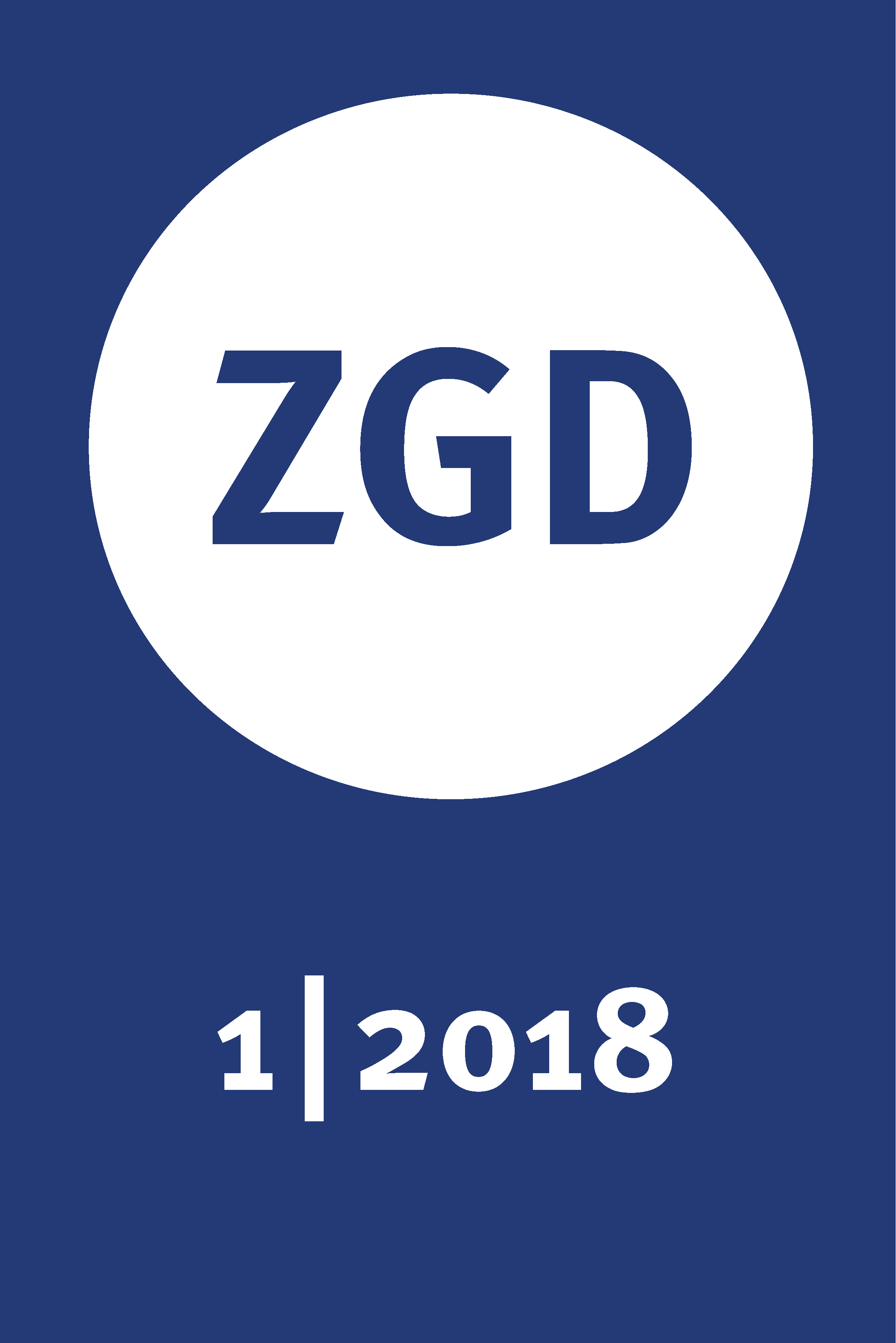Akteurszentriert, problemorientiert, situiert – Design-basierte Entwicklung der Unternehmensfallstudie als Unterrichtsmethode des Geographieunterrichts
DOI:
https://doi.org/10.18452/22468Schlagworte:
Wirtschaftsgeographie, Fallstudie, Design-Based Research, Lernprozess, VermittlungsexperimentAbstract
Die Unternehmensfallstudie stellt als Unterrichtsmethode geeignete Rahmenbedingungen her, mithilfe derer wirtschaftsgeographische Konzepte auf einem induktiven Erkenntnisweg erlernt werden können. Den theoretischen Rahmen bilden Ansätze einer postmodernen, akteurszentrierten Wirtschaftsgeographie und Konzepte zur Fallstudienmethode. Damit ist die Unternehmensfallstudie in der Lage, einen Beitrag zur Überwindung eines bislang ungelösten Praxisproblems des Geographieunterrichts zu lösen: Die schulische Wirtschaftsgeographie befindet sich in einer nicht zufriedenstellenden Situation. Die Wirtschaftsgeographie ist bislang kaum Gegenstand fachdidaktischer Forschung; wirtschaftsgeographische Unterrichtsinhalte erzeugen nur begrenztes Schülerinteresse; der fachwissenschaftliche Paradigmenpluralismus behindert die Adaption neuer Erkenntnisse für den Schulunterricht; letztlich ist die Stellung der Wirtschaftsgeographie innerhalb der Schulfächer nicht abschließend geklärt. Ziel dieses Beitrags ist die Artikulation der design-basierten Entwicklung der Unternehmensfallstudie. Der zyklisch-iterative Forschungsprozess nutzt Design-Based Research (DBR) als methodologischen Rahmen und verbindet Unterrichtsentwicklung mit empirischer Lehr-Lernforschung. Design-Prinzipien definieren die Unternehmensfallstudie als methodische Großform. Dabei konkretisiert ein mehrstufiger Operationalisierungsprozess die vier zunächst abstrakt formulierten Design-Prinzipien Akteurszentrierung, Problemorientierung, situiertes Lernen und regionale Verankerung. Eine qualitative Lernprozessanalyse entschlüsselt die individuelle Wissenskonstruktion zentraler wirtschaftsgeographischer Konzepte. Durch die Kombination von problemzentrierten Einzelinterviews, videographierten Vermittlungsexperimenten und mehreren Zwischenerhebungen entsteht ein in Teilsegmenten analysierbarer Lernprozess. Das Kernergebnis der Studie ist ein sog. Designrahmen, welcher die weiterentwickelten Design-Prinzipien der prototypischen Unternehmensfallstudie und die aus der Lernprozessanalyse gezogenen Konsequenzen enthält. Diese Konsequenzen verallgemeinern die kontextgebundenen Ergebnisse der empirischen Erhebungen in Form von Aussagen über die Strukturierung von Lernprozessen, die wirtschaftsgeographischen Spezifika des Wissenserwerbs und die Rolle des Schülerinteresses.
Downloads
Veröffentlicht
Zitationsvorschlag
Ausgabe
Rubrik
Lizenz
Copyright (c) 2021 Zeitschrift für Geographiedidaktik - ZGD

Dieses Werk steht unter der Lizenz Creative Commons Namensnennung - Nicht-kommerziell - Keine Bearbeitungen 4.0 International.







